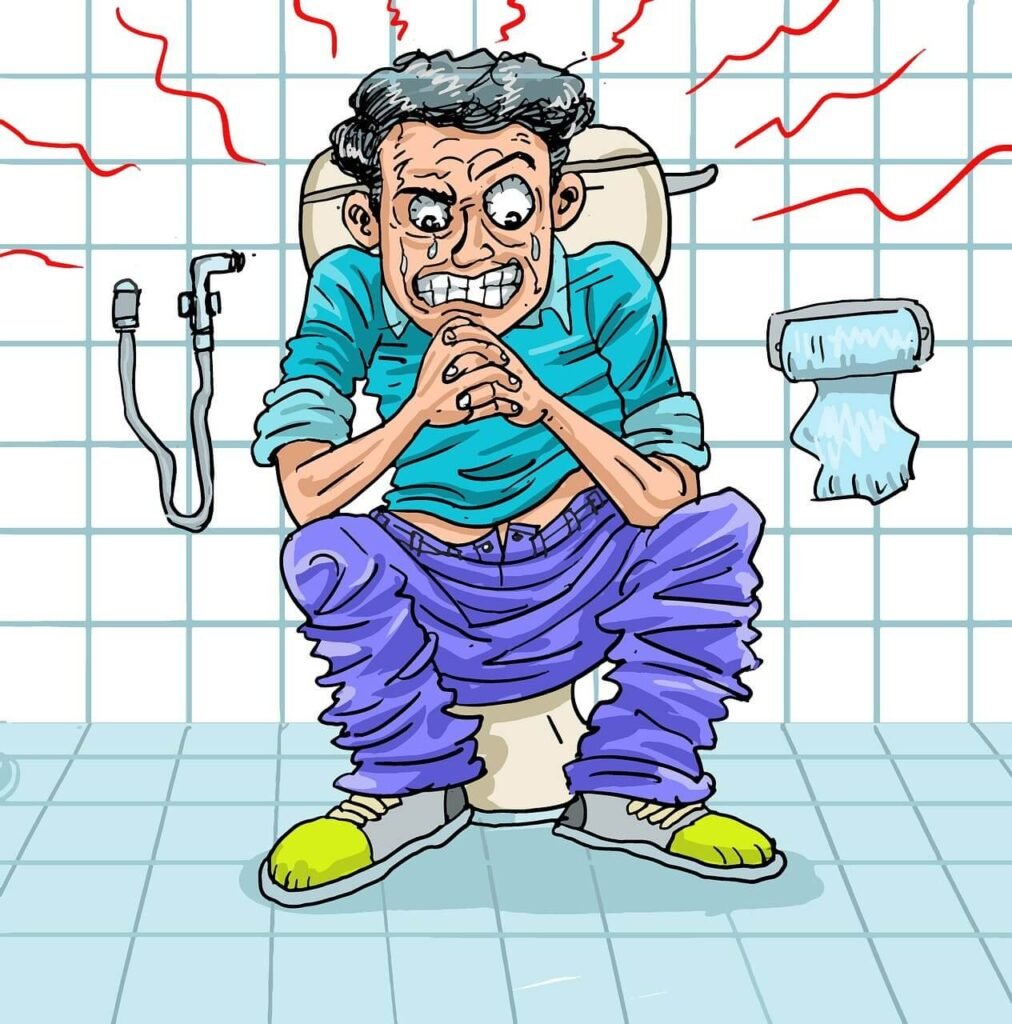6 Causes of Constipation and special tips to prevent
Experiencing pain during bowel movements? Finding yourself sitting on the toilet for an extended period? Afraid to pass hard stools? Don’t worry. Let’s delve into why this occurs and how to address it.
Constipation can stem from various diseases or lifestyle factors. Firstly, let’s identify any underlying medical conditions contributing to your constipation.
Hypothyroidism
Hypothyroidism: This condition denotes a deficiency of thyroid hormone in the body. Thyroid hormone helps regulate metabolism. If there’s a deficiency, metabolism slows down, leading to an obstructed digestive system and possibly constipation. Are your constipation symptoms indicative of hypothyroidism or another cause?
Let’s explore the symptoms of hypothyroidism:
- Weakness
- Weight gain
- Dry skin
- Hair loss
- Memory loss
- Irregular periods (in females)
If you experience constipation along with these symptoms, hypothyroidism could be the cause.
Diabetes
Poorly controlled diabetes can lead to nerve damage over time. Nerves crucial to the digestion process can be affected. Damage to these nerves disrupts digestion, potentially causing constipation.
Could your constipation be linked to diabetes or another issue? Let’s review the symptoms of diabetes:
- Excessive thirst
- Frequent urination, particularly at night
- Weakness
- Blurred vision
- Unexplained weight loss
Irritable bowel syndrome
Constipation can be caused by IBS symptoms such as lower abdominal cramping, intermittent flatulence, recurrent diarrhea, and the passage of mucus in stool.
Anxiety
Stress triggers the body’s fight-or-flight response. Short-term stress, such as during exams, may lead to temporary constipation. However, prolonged stress can escalate to severe constipation. Signs that your constipation might be due to anxiety include:
- Heightened worry
- Restlessness
- Insomnia
- Difficulty concentrating
Depression
Depression can profoundly affect one’s physical health. Lack of activity due to depression can impede digestion. Signs that your constipation might be linked to depression include:
- Persistent feelings of sadness
- Sudden irritability
- Inability to focus
- Constant nervousness
- Loss of appetite
Pregnancy
Pregnant women commonly experience constipation due to increased progesterone levels, which slow down intestinal movement.
Let’s explain how you can prevent it
If your constipation isn’t caused by underlying medical conditions, it may be due to lifestyle or dietary habits. Managing it is very easy; just follow two tasks:
Ensure an adequate intake of water and fiber.
Engage in regular exercise, such as running, walking, or cycling
Fiber-Rich Foods
- Psyllium husk, whether consumed directly or mixed with water, absorbs water in the stomach, making stools heavier and easier to pass. Consuming five grams of psyllium husk twice a day can alleviate constipation.
- Chia seeds can absorb water, forming a gel-like substance that softens stools, making them easier to pass.
- Incorporate fiber-rich foods into your diet, such as lentils, kidney beans, soybeans, sweet potatoes, carrots, broccoli, and radishes.
Hydration
Drinking an ample amount of water is crucial, as fiber absorbs water to form a gel, facilitating bowel movements. Aim for 2-3 liters of water per day and avoid caffeine, as it can dehydrate the body.
Exercise
Ensure you’re engaging in physical activities for a minimum of five days every week to maintain a healthy lifestyle. as like walking, running, cycling, and swimming. that must be done for 30 minutes a week
By following these steps, you can alleviate constipation.

